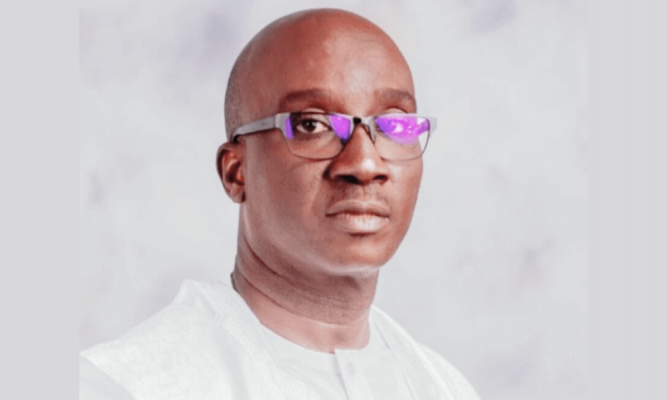The Nigerian government’s plan to reduce healthcare spending by over 40% has raised alarms among health and transparency advocates, who warn that this decision could significantly undermine the country’s response to the COVID-19 pandemic and weaken already overstretched healthcare services.
The proposed cuts, which are expected to be passed into law in the coming weeks, will primarily affect local primary healthcare services, including immunizations, maternal and childcare, and family planning programs. This move comes at a time when Nigeria spends less than 5% of its federal budget on healthcare, with the current economic downturn due to dwindling oil sales and the impact of the pandemic cited as key reasons for the reductions.
Healthcare Spending Slashed During Global Health Crisis
According to Professor Innocent Ujah, president of the Nigerian Medical Association, the timing of the cuts is especially troubling. He stressed that Nigeria’s healthcare budget, which is already “unacceptably low,” should be increasing rather than decreasing to adequately address the COVID-19 crisis.
“It’s shocking that during a pandemic, instead of protecting the health budget, we are reducing it. This will have a significant impact on our fight against COVID-19,” Ujah remarked.
The budget cut has also sparked controversy due to the ₦37 billion (approximately £75 million) allocated for renovations to the National Assembly buildings, a move that critics say is ill-timed given the global health emergency.
Budget Cuts Spark Backlash Over Priorities
The planned cuts to healthcare and education sectors have fueled criticism from various corners. Oluseun Onigbinde, director of BudgIT, an organization that monitors government spending, pointed out the disparity in the cuts. While the National Assembly’s budget was only reduced by 10%, healthcare and education faced the heaviest reductions.
Onigbinde highlighted the government’s long-standing underinvestment in healthcare, noting that Nigeria’s allocation for health and education has not exceeded 5% of the total budget over the past five years. “This is not just an issue of budget allocation but a failure to invest in critical sectors,” he said.

COVID-19 Response Challenges Deepen
While Nigeria took early measures to contain the virus, infections have continued to rise steadily, doubling to over 12,000 cases within three weeks. The country’s test and trace strategy has struggled due to limited testing capacity. To date, only 80,000 tests have been conducted, a figure that falls short of the needs expressed by health officials. The Nigerian Centre for Disease Control has reported that 75% of new infections are occurring in communities without an identifiable trace.
Further complicating the response are issues related to staff morale. At the Lagos University Teaching Hospital, 50 doctors and nurses involved in the COVID-19 response have not received the allowances promised for their work, despite being on the frontlines since April. This delay in payment has frustrated healthcare workers, many of whom have been separated from their families for months to prevent the spread of the virus.
Government officials have acknowledged the payment delays and assured healthcare staff that efforts are being made to resolve the issue. However, Professor Ujah stressed that ensuring healthcare workers are motivated is crucial in times of crisis. “In a healthcare emergency, maintaining morale is just as important as having resources,” he emphasized.
Conclusion: A Critical Moment for Nigeria’s Healthcare System
Nigeria’s healthcare system is at a critical juncture, with the proposed budget cuts threatening to derail the country’s COVID-19 response and worsen long-standing issues in the health sector. Experts and advocacy groups continue to call for urgent reconsideration of the cuts, urging the government to prioritize healthcare during this unprecedented global health emergency.







Leave a Reply